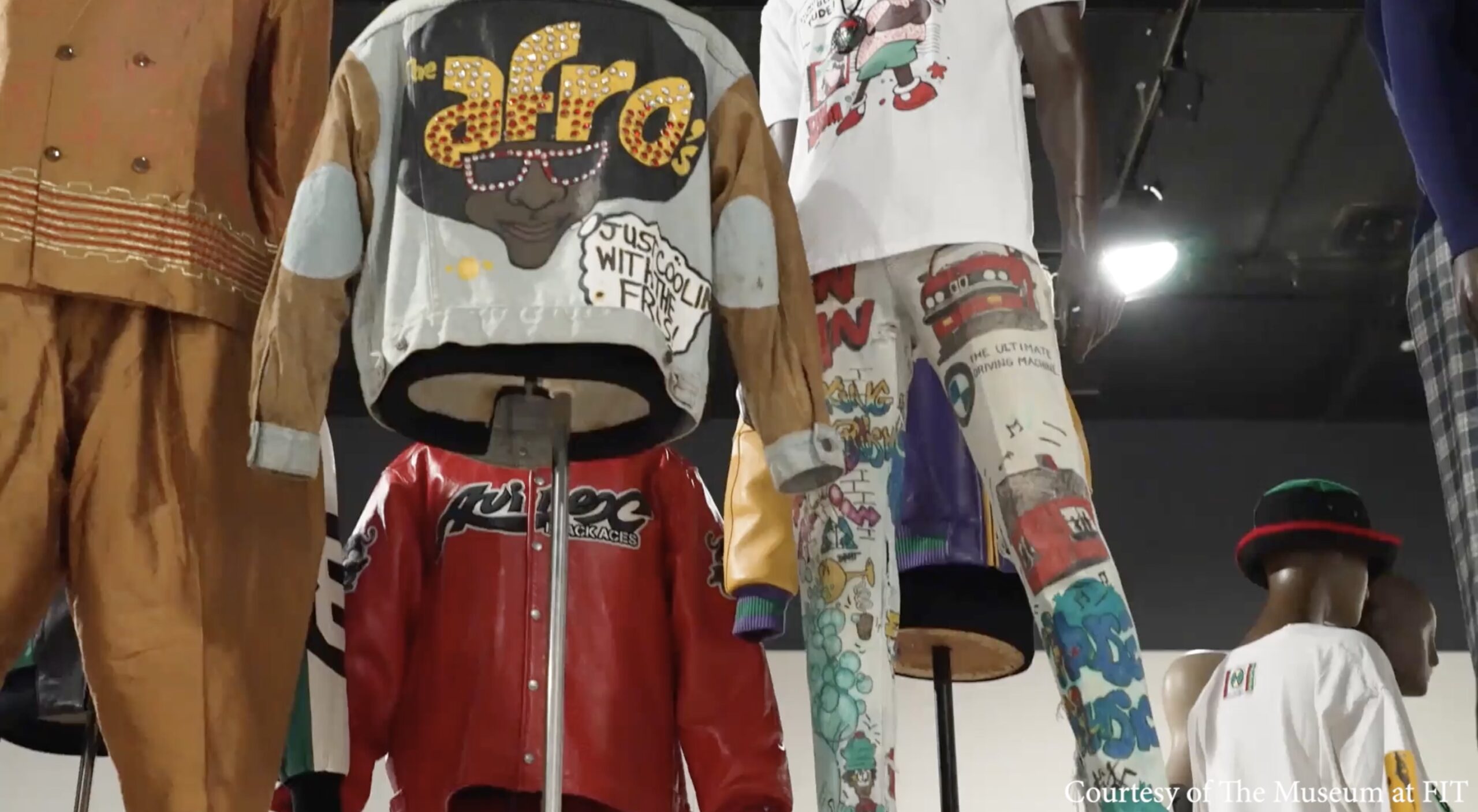
Vincent Cirelli sits at his stand, Vinny's Nut House, in Little Italy. The neighborhood is rapidly shrinking, residents say. Photo by Elizabeth Vulaj
Vincent Cirelli likes familiarity. He is 59 and has had the same moustache since he was 16.
“When I was young, on Christmas Eve, my grandmother wanted to give me $500 to take it off,” Cirelli said. “And I told her no. I never took it off once.”
Cirelli was born in the heart of Little Italy and has been running his business, Vinny’s Nut House, a stand that sells candy apples, terroni and roasted nuts, for more than 35 years. He is the last of a dying breed in a neighborhood that he said has been taken over by “yuppies” and “the Chinese.”
“There’s no more Italians left. There are no more stands like me,” Cirelli said. “Before, there used to be 10 stands down just this one block that sold Italian food, just like mine. Now, I’m the only one left.”
The downtown neighborhood of Little Italy took root in the early 1900s when hundreds of Italian immigrants settled in the neighborhood. Many, like Cirelli’s family, were from Naples. The neighborhood used to comprise 30 blocks, but now stretches only three blocks down Mulberry Street, according to remaining residents.
The Italian population began to diminish in the 1990s when longtime residents died or moved away. In February, Little Italy and Chinatown were listed as a single historic district on the National Register of Historic Places.
Many residents say the main reason most Italians have left is because they didn’t want to raise their families here.
“You can’t grow your kids here,” Cirelli said. “There’s nothing for them to do here. There’s no good parks — no room for them to run around. For the movies, you have to go uptown.”
Although many outsiders claim Little Italy has been taken over by Chinatown, some residents also blame another culprit — “yuppies.” Young college students have come in and made the neighborhood more Americanized, they say. Cirelli and his workers are not always too fond of them.
“I don’t like the way kids are today around here,” said Pat Giordano, one of Cirelli’s workers. “They have no respect for their parents. I see young kids cursing at their mothers and saying ‘f–k you’ to them. If we ever did that, we would have gotten killed.”
Cirelli says he is one of the last remaining Italians who speaks the language fluently.
Traces of his childhood still remain in the neighborhood. Hanging in the window display at the Italian American Museum, on Mulberry Street, is a photo of a 7-year-old Cirelli and his grandmother, who died when Cirelli was 29. One of the main reasons Cirelli chose to stay behind while most of his friends and family left was to keep the business that his grandmother left him alive, according to those who know him best.
He has no wife or children. His friends say he has been married to his work ever since his grandmother left him the business, and he grew up with enough responsibilites that he did not need feel the need to start a family.
“I had a pretty hard life because my brother and sister were younger than I am, and I basically raised them,” Cirelli said. “I wanted to be on my own and have my head be clear…I already felt like I was married.”
Cirelli’s ‘marriage’ to his work has lasted more than 35 years. His medium-sized stand is right in front of the Italian American Museum and is painted green, white, and red, the colors of the Italian flag. He sells terroni and nuts to tourists and young college kids and shirts that say “Vinny’s Nut House”.
He’s been here forever and his employees say they cannot picture him doing anything else. He takes each day with a grain of salt, they say.
“He’s got his days. He can be grumpy sometimes,” employee Phillip Toribio, 24, said. “But for his age, he’s pretty funny and can find the humor in anything.”
Yet Cirelli has a hard time finding the humor in his changing hometown.
Despite the problems facing Little Italy faces, the longtime residents who stayed here say they won’t let their neighborhood fall apart.
“There will never be a bad part of Little Italy,” said Jimmy Valentino, 45, a longtime friend of Cirelli. “I won’t allow it. That’s why it’s one of the safest neighborhoods to live in. There’s never been any problems, and anyone who lives here will tell you that. And if there’s a problem, then it becomes my problem.”


Comments
Great piece of work. Very interesting topic to write about it. It was very original. I like how Elizabeth really captured his voice and presented the problems Italians face in this area nicely. Amazing writing!